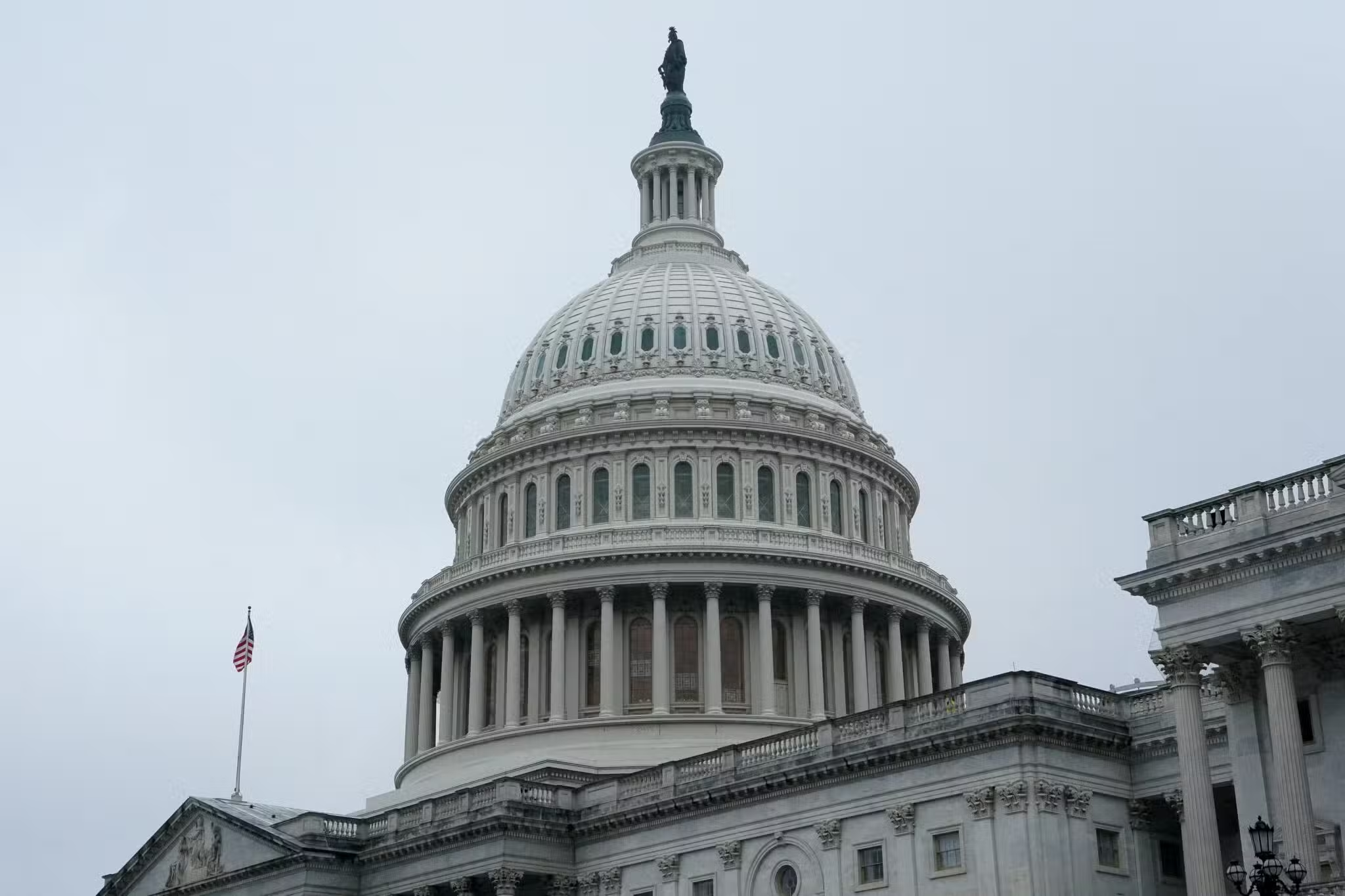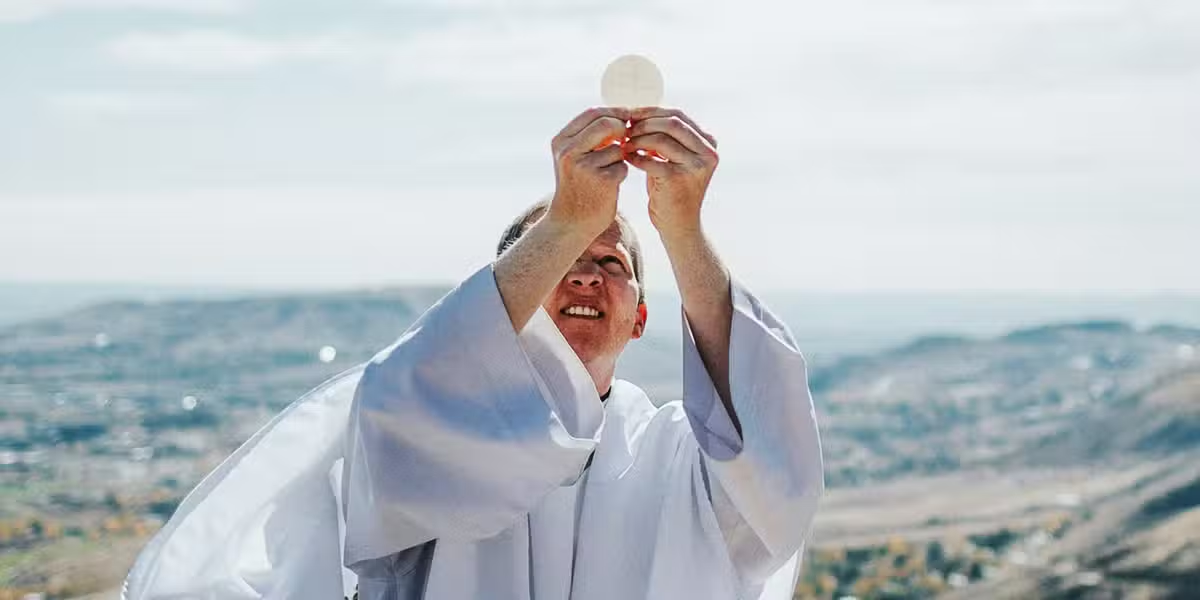The natural, the wildness and freedom of nature, transforms many people. All their lives, they long to return, as if nothing else is real in comparison. Are they perhaps right? The Franciscan tradition has always seen all creation as the footprints and fingerprints of God and therefore sacramental. This is true of many native spiritualities and Christian creation spirituality too. It is much needed today if we are to rediscover the integrity of creation and prevent its wholesale destruction through climate change. Anything that is old, ancestral, or traditional ties us up with the timeless and the eternal. Listen to people’s voices as they enter old ruins or uncover a piece of family history. They sigh. The truly beautiful, the magnificent, the poetic all feel like ends in themselves—enough to satisfy.
Joy and pleasure are surely promises and enticements, free samples that tell us we are on track toward the same. Surely God makes use of all these initial experiences of the holy. Yet philosophically there is no real ground for calling them sacred or holy. They are reflectors of light, but not the source of light itself. This absolute and ultimate God-centeredness, this demand for the true sacred, is at the heart of Jesus’ teaching. His new world order rises and falls on this diamond edge, and it seems to be enough if only a few are convinced of it. Merely a “leaven” of true believers in the true sacred is all that is needed to raise the whole loaf (see Matthew 13:33).
—from the book Jesus’ Alternative Plan: The Sermon on the Mount
by Richard Rohr, OFM








